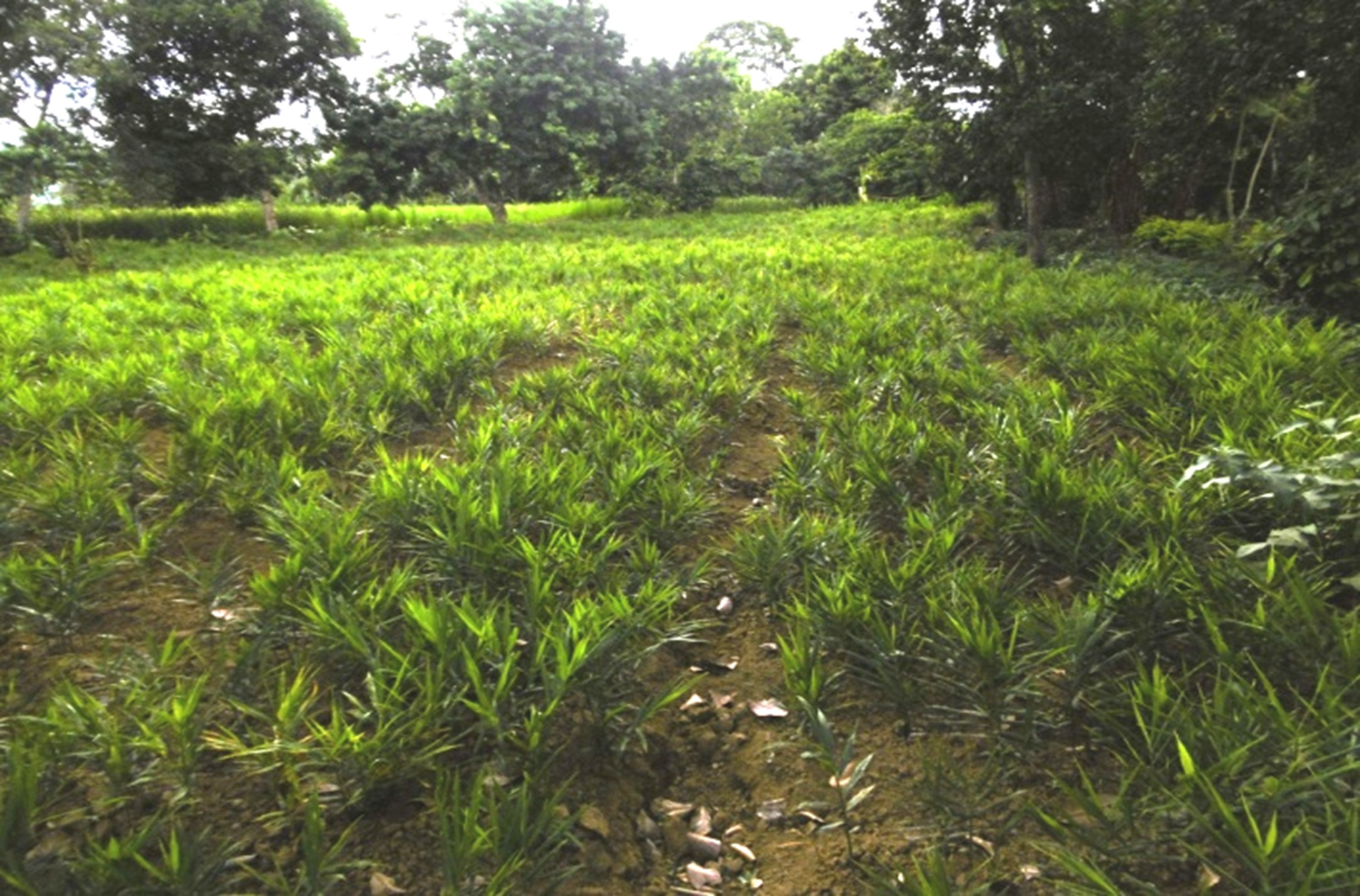Context
In 2022-2023, the Foundation launched its first international call for projects to support projects for 3-years in biodiversity hotspots, those threatened ecosystems identified as critical areas for global biodiversity.
According to the Critical Ecosystem Partnership Fund (CEPF), there are 36 global biodiversity hotspots. To be identified as such, the ecosystem must contain at least 1,500 species of plants that are endemic to the geographical region concerned and cannot be found anywhere else on Earth (which makes them both special and vulnerable to extinction), and must have lost at least 70% of its primary vegetation. Overexploitation, pollution and the introduction of non-native species have greatly weakened these threatened ecosystems.
The northern highlands of Madagascar are one of these critical areas for global biodiversity. At almost 2.6 million hectares, they are characterized by sprawling forests and a very humid climate, and their landscape ranges from sea level to mountains of almost 3,000 meters. Thanks to this vast difference in altitudes, the forests of the northern highlands provide a habitat to more than 2,280 species, 538 of which are endemic.
Despite its ecological importance, this ecosystem is in danger of gradually disappearing. Increasing deforestation is due to unsustainable agricultural practices (slash-and-burn agriculture) and the expansion of cash crops (vanilla). The conversion of natural forests into agricultural land is the greatest threat to biodiversity. Farmers’ families clear the forest and burn the trees to make the area fit for immediate cultivation. This conversion into cultivated fields leads to the fragmentation of the forests, and threatens the survival of animals. Overexploitation and traditional agricultural practices cause the current fields to degrade. Due to a lack of alternative income sources, farmers expand further and further into the forest in their search for arable land. In 2020, 900 hectares of the 22,000-hectare project area had already been deforested.
Supported Project
From 2022-2023, the L'OCCITANE Foundation will support the "Revenue for Nature" project implemented by Helvetas association for three years. This project aims to improve the management of the Protected Areas and the Conservation Management of Natural Resources. Its goals also is to intensify reforestation, restoration and agroforestry as much as possible, especially on degraded lands within the framework of a producers and Lead-Firms sustainable partnership. By encouraging the transition to good sustainable agricultural practices, the project finally aims to add value to certified deforestation-free production that meets the specific expectations of the target markets, while improving the resilience of local populations and their production systems to the vagaries of markets and climate change.
Some Figures
Budget 540,000 euros
Goal 60 preserved hectares
Goal 1,000 beneficiaries

Photo credits ©Helvetas